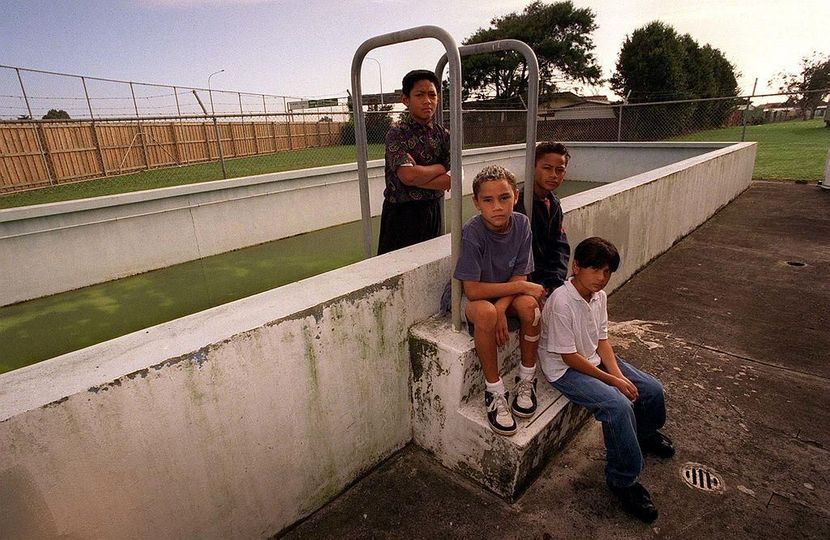
Seeking to find solutions to the pool closures issues, World Aquatics and its European continental organisation LEN held an online seminar to address the hundreds of pool facilities that have closed across Europe.
The wide-ranging energetics seminar discussed lobby and communication strategies, collaboration and funding options, and recent technological advances that can lower the energy consumption of pools.
The closure of public sports facilities has become a far too familiar sight in recent months and years. The global pandemic and Russia’s invasion of Ukraine have created a perfect storm for keeping aquatic centres open – financial challenges, lack of staff, rising energy causes and chemical shortages.
World Aquatics Executive Director Brent Nowicki directly confronted the issue in his opening address – and the effect it is having not just on top athletes preparing for competition, but for the public at large.
“World Aquatics is not just about elite sport; we are focused on the life and health aspects of aquatic sport,” Nowicki said. “The need for access to pools isn’t about leisure. Having places to teach the life skill of swimming is essential. The residual impact of pool closures is significant as every missed swimming lesson due to pool closures has an effect on people learning how to swim.”
Nowicki also addressed the global nature of the issue, noting the impact of now having fewer places to swim on drowning deaths in countries like Australia, which has seen a two-fold increase since the COVID-19 pandemic started.
As President of @WorldAquatics, I am determined to help our member federations generate the support needed to keep #swimmingpools open. 🏊♂#WorldAquatics is proud to join forces with @LENAquatics to address this very serious issue #keeppoolsopen. 👇https://t.co/opzhuQ3INM
— World Aquatics President (@Captain__Aqua) February 14, 2023
During the seminar, European national member federations of World Aquatics discussed the scope of the pool closure issue in their countries. They also shared best practices and knowledge about keeping pools open during a session led by Mary McMorrow, Swim Ireland’s Director of Operations.
Joining the aquatics community for the seminar included the European Commission, the European Platform for Sport Innovation (EPSI), and the European Committee for Standardisation (CEN).
LEN President Antonio Silva said some venues have reported operational costs – including the heating of facilities – have risen by 200 percent.
In closing the seminar, Silva said LEN would set up a working group to further efforts to address the pool closure issue.
“It is very important and crucial to have these discussions,” stated Silva. “All of us who have involvement with swimming pools are experiencing the same problems and it’s vital we collaborate to share ideas about strategy and find solutions to lower costs and keep venues operating.”